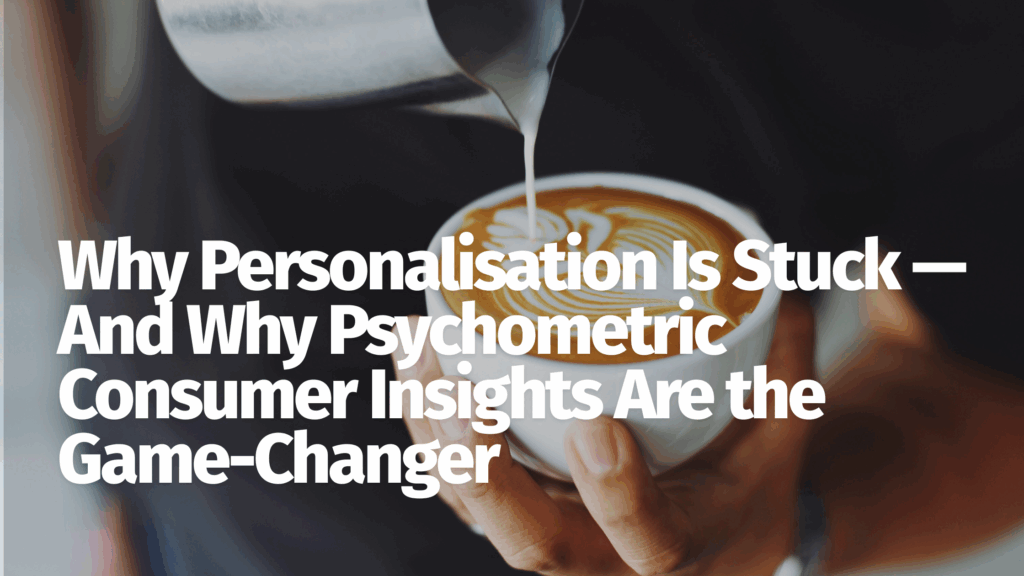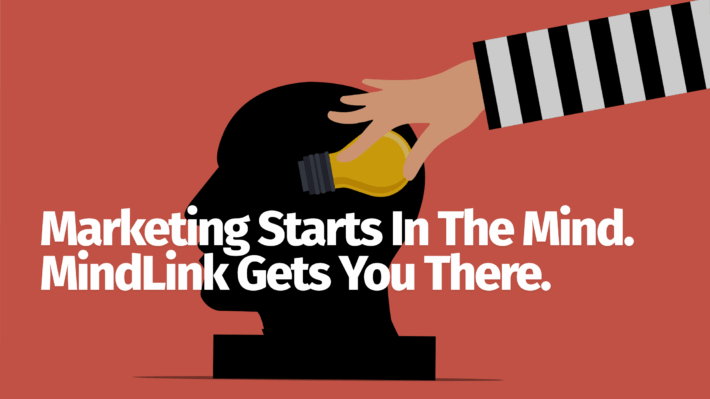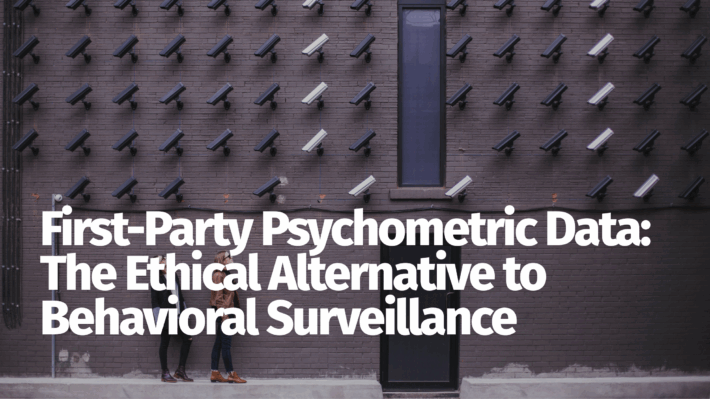Why Psychometric Consumer Insights Are the Game-Changer

Have you ever wondered if your personalisation is truly personal—or just a shadow of your past clicks?
Behavioral signals like clickstreams and browsing history can predict what someone did. But to persuade, you need to understand why they did it. That’s where psychometric consumer insights come in: they turn personalization into something human.
The Limits of Behavioral Personalisation
For ages, marketers leaned on behaviour: past purchases, browsing patterns, time spent on page. These tactics drove impressive scale. But they rarely capture emotional context. They don’t tell you:
- Who the user really is behind the behavior
- What influences their trust, attention, or identity
- How they prefer messages — rational, emotional, aspirational, or secure
- Without psychology, personalization becomes reactive—not resonant.
Why Psychometrics Matters
Psychometric marketing results arise when brands segment customers by mindset—not demographics. Traits like decision-making style, motivation, emotional sensitivity, risk orientation, and identity drives are far more predictive than behaviour alone. This approach transforms personalization into storytelling that connects at a mental and emotional level.
Published Evidence: Personalization Works
These stats show why deeper personalization matters:
- McKinsey reveals personalization can boost revenue by 5–15%, with top-performing brands generating 40% more revenue through personalized experiences than others.
- Personalized email campaigns yield 6× higher transaction rates, and personalized CTAs can outperform generic ones by 200%.
- Companies implementing personalization saw 10–30% higher sales, improved loyalty, and reduced churn.
These outcomes are well-documented—and aligned with the idea that emotional and motivational personalization outperforms basic segmentation.
When Mindset Meets Marketing Execution
At MindLink, we believe the real power of personalisation begins when you stop segmenting people by past behaviour—and start understanding them by mindset.
Using psychometric consumer profiling, we uncover cognitive styles, motivational drivers, emotional sensitivities, and decision-making frameworks that conventional data misses entirely. And we do it while staying firmly within ethical boundaries: working only with first-party, opt-in data, with user privacy baked into the process.
Once these psychological profiles are mapped, they become powerful levers across the marketing funnel:
- Product recommendations aren’t just “people who bought this also bought that.” They reflect how different minds evaluate choices — fast vs. deliberate, novelty-seeking vs. security-driven.
- Onboarding journeys adjust based on how a customer likes to make decisions — guided step-by-step, or empowered with open-ended exploration.
- Creative messaging speaks to the consumer’s inner decision-maker — whether it’s the desire to belong, the need to feel unique, or the pull of aspiration.
This is not just personalisation. It is precision persuasion — where every touchpoint feels less like an algorithm guessing, and more like a brand that gets you. Because in a world flooded with content, relevance is no longer enough. Resonance is the real differentiator.
The Future of Campaign Optimization
Behavior-based personalization is reactive. Psychometric consumer insights are proactive — anticipating what people want, why they want it, and what contextual message will move them. This drives smarter campaign optimization: delivering better results while respecting the consumer’s autonomy and intent. This is where campaign optimization, consumer insights ROI, and ethical personalisation converge.


